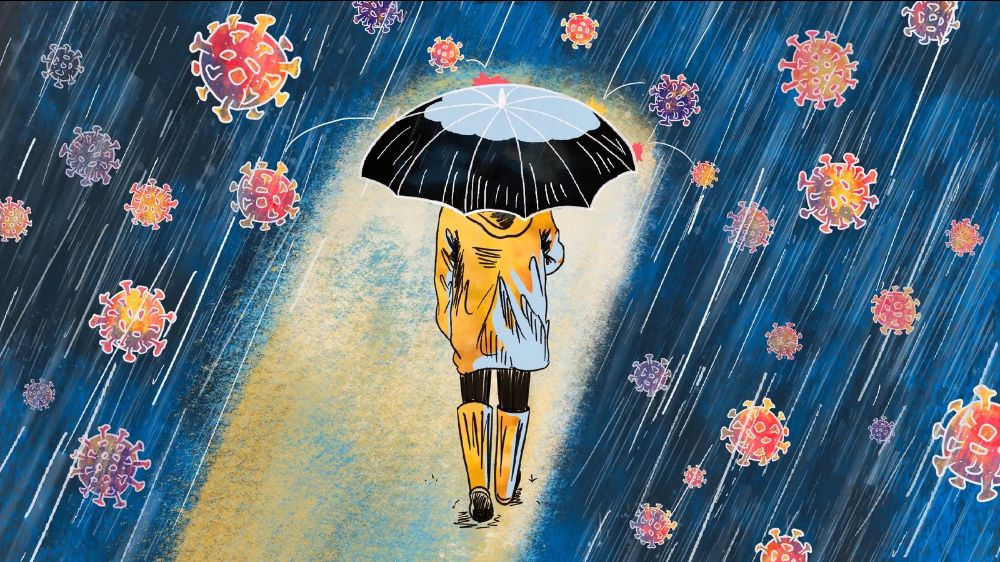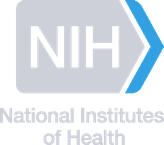
Research from the COVID-19 Citizen Science Study was highlighted in an NPR article discussing the science behind people who have seemingly remained COVID symptom-free despite having had tested positive to the virus. The key is in a gene called HLA, which serves a critical function in determining how your body responds to an infection. By analyzing DNA from more than 1,400 people in the CCS study, they found that some people have a specific mutation in the HLA gene that allowed it to use past infections from common cold coronaviruses to stock up on an arsenal of antibodies and T cells that happened to recognize the SARS-CoV-2 virus. Because their body already has the tools on hand to fight the infection, people with this genetic mutation are able to avoid showing symptoms altogether despite testing positive.
This mutation is estimated to be quite common, where 1 in 10 people might have it, and among those who are asymptomatic, that probability rises to 1 in 5. These findings have been submitted to a journal and are pending peer review. Research is ongoing for the UCSF team to discover more genes that may contribute to asymptomatic infections.
You can read the full NPR article or listen here:



